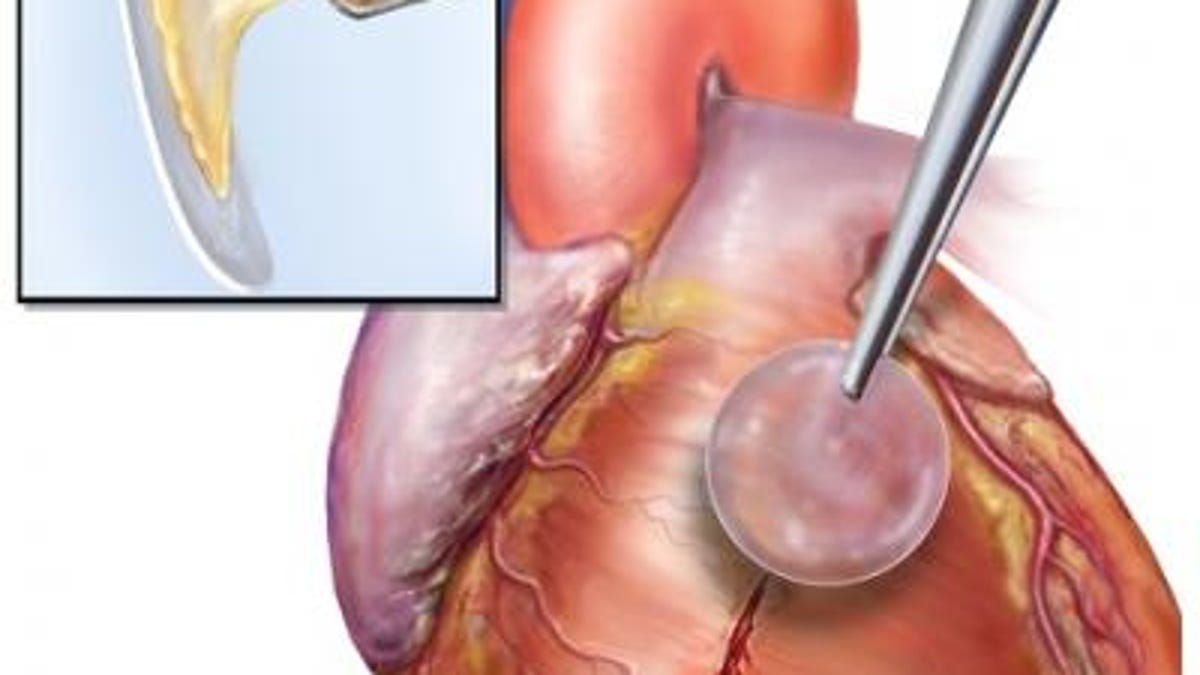New smart 'glue' for heart surgery activated by UV light
Unlike existing surgical adhesives, the new glue works even in the presence of blood and seals within five seconds of exposure to UV light.

As if heart surgery isn't a big enough deal on its own, performing it on very young patients can bring added risk -- namely, the necessity of multiple surgeries to replace nondegradable surgical materials that don't effectively adapt as the patient grows up.
Now, researchers say they've developed a new type of surgical glue that addresses all the drawbacks of previous adhesives and is a "much simpler technology and a new paradigm for tissue reconstruction," co-senior author and biomedical researcher Jeffrey Karp said in a news release. The findings were reported in the journal Science Translational Medicine. Researchers from Boston Children's Hospital, Brigham and Women's Hospital, Harvard University, and the Massachusetts Institute of Technology participated in the study.
Studying creatures in nature that secrete viscous and water-repellant goo (think worms, slugs and others that can cling to wet surfaces), the researchers made a material that performs well under these conditions, is elastic and biocompatible, and fully biodegrades over time. In preclinical trials performed on pigs and mice, these qualities allowed researchers to attach biodegradable patches inside the animals' beating heart to seal congenital defects.
This feat is a major improvement over current suturing adhesives that often lose their stickiness in bloody situations. And it has the added benefit of working quickly because its adhesiveness is activated by ultraviolet light, which enables surgeons to quickly activate the material when they need to seal a hole. In fact, they found that it takes fewer than five seconds of UV light application to seal defects in high-pressure, large blood vessels and in cardiac walls.
Hence, the paradigm shift. If it performs well in clinical trials, the super-smart sticky stuff has the potential to cut down operating times, enable less-invasive surgery, and improve short- and long-term outcomes.
The researchers have licensed their technology to Paris-based startup Gecko Biomedical, which was founded by some of the researchers in Boston and already boasts $11 million in funding. The company says it plans to bring the adhesive to patients in Europe within the next couple years.
With more than 40,000 babies born with congenital heart defects in the US every year, this glue has the potential to mend a lot of broken hearts -- their parents and families included.

